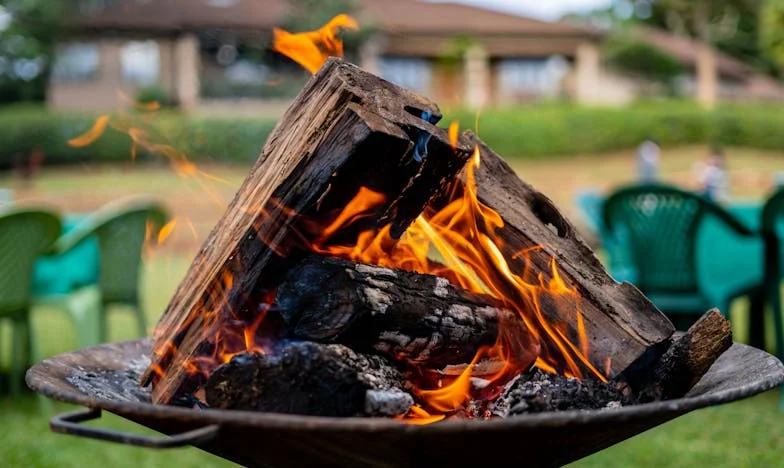The Fascination with Fire: A Psychological Perspective
Fire has captivated humans since the dawn of time. From the ancient rituals to modern-day campfires, the allure of flames continues to draw us in. But what is it about fire that fascinates us so deeply? This article delves into the psychological mechanisms behind our attraction to fire, featuring real-life examples and insights.
One fundamental reason people are drawn to fire is its role as a source of warmth and light. Benjamin, a historian, notes that fire was crucial for survival in prehistoric times, providing heat and a means to cook food. This utility aspect made fire an essential element of early human communities, fostering a sense of safety and comfort. Even today, people like Nathan, who enjoys camping, find comfort in the warmth and light of a campfire, reinforcing the deep-seated association of fire with security and survival.
Moreover, fire also has a mesmerizing quality that can induce a meditative state. Jack, a yoga instructor, uses candles during practice to help participants focus and achieve a state of calm. The flickering light and gentle crackling sound of fire can help reduce stress, drawing people into a contemplative state where they can disconnect from the worries of everyday life.
Fire also plays a significant role in social interactions. Kaylee, a college student, shares that some of her most memorable conversations and bonding moments with friends have occurred around a bonfire. The communal nature of gathering around a fire to share stories and experiences can enhance social cohesion, making fire a catalyst for social connectivity.
From a psychological perspective, fire may also trigger a sense of awe, a powerful emotion that can lead to a greater sense of well-being and personal growth. Ariana, a psychologist, explains that awe involves a feeling of being in the presence of something vast that transcends one’s understanding of the world. The dynamic, ever-changing nature of fire can evoke this feeling, leading to introspection and a reevaluation of one’s life priorities.
Additionally, there is a primal fascination with the destructive power of fire. Nora, a firefighter, observes that while fire can be destructive, it also has the power to renew and cleanse. This dual nature can be intriguing, as it taps into the human intrigue with transformation and the cycle of creation and destruction.
In conclusion, the psychological allure of fire is multifaceted, involving its practical benefits, its ability to induce relaxation and meditation, its role in social bonding, its capacity to evoke awe, and its symbolic representation of transformation. Understanding these aspects can help us appreciate why fire continues to hold such a powerful place in human culture and consciousness.
